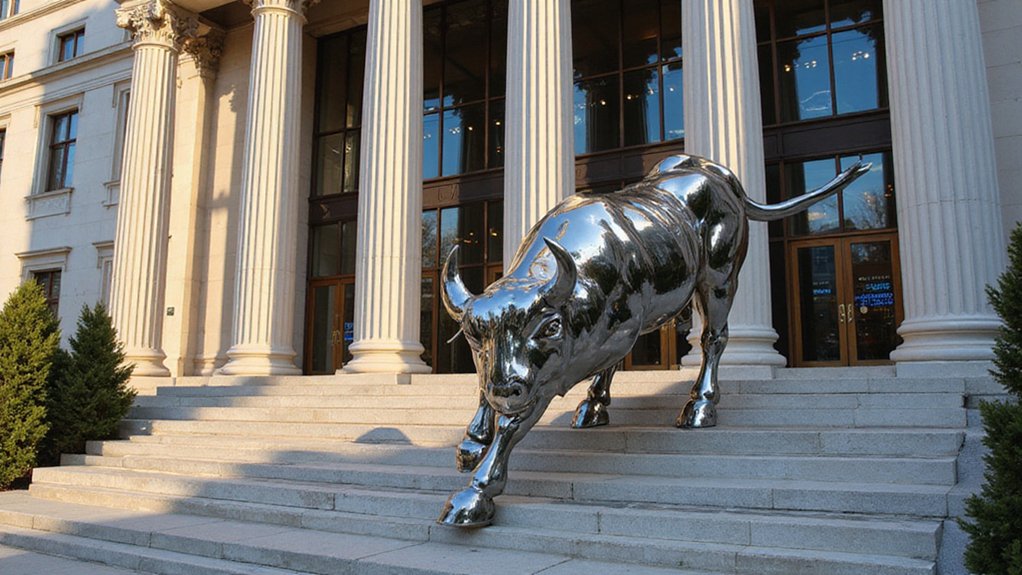While most crypto exchanges treat regulatory compliance as an afterthought—scrambling to mollify authorities only after building massive user bases—Bitpanda has taken the decidedly less fashionable approach of securing proper licenses before attempting conquest. The Austrian exchange received FCA approval in February 2025, spending several months localizing products and compliance protocols before its official August launch, a revitalizing methodical strategy in an industry notorious for moving fast and breaking regulatory frameworks.
This measured approach positions Bitpanda to compete against established UK incumbents including Binance, Coinbase, Kraken, Crypto.com, and Gemini—platforms that have already carved substantial market share among British crypto enthusiasts. Bitpanda’s differentiation strategy relies heavily on its extensive asset variety (over 600 cryptocurrencies), curated crypto indices for portfolio diversification, and what the company describes as “institutional-grade infrastructure”—corporate speak that, in this context, actually carries substantive weight given their multi-jurisdictional regulatory credentials across Austria, Germany, France, Italy, and Spain.
The exchange’s dual-pronged market entry targets both retail investors through its consumer app and institutional clients via Bitpanda Technology Solutions, which provides white-label trading infrastructure for traditional financial institutions. This B2B arm allows banks and fintech companies to integrate crypto offerings without constructing their own technological backbone—a compelling value proposition for risk-averse institutions seeking crypto exposure without operational headaches.
Perhaps most intriguingly, Bitpanda has secured a multi-year partnership with Arsenal Football Club, becoming the Premier League team’s Official Crypto Trading Partner. Beginning August 23, 2025, this arrangement will provide Emirates Stadium branding and access to Arsenal’s 100+ million global fanbase—a marketing reach that could prove invaluable in building brand recognition against entrenched competitors.
Amid this competitive landscape, newer blockchain projects like the Kaanch Network are also vying for attention with claims of revolutionary transaction speeds and multi-chain interoperability, though their market validation remains pending. The company’s ambitious timeline calls for the UK to become one of its top three markets within two years, a target that seems optimistic given the competitive landscape but potentially achievable if their regulatory-first approach resonates with British investors increasingly wary of exchanges operating in gray areas.
Whether methodical compliance can overcome incumbency advantages remains the essential question in Bitpanda’s UK gambit.








